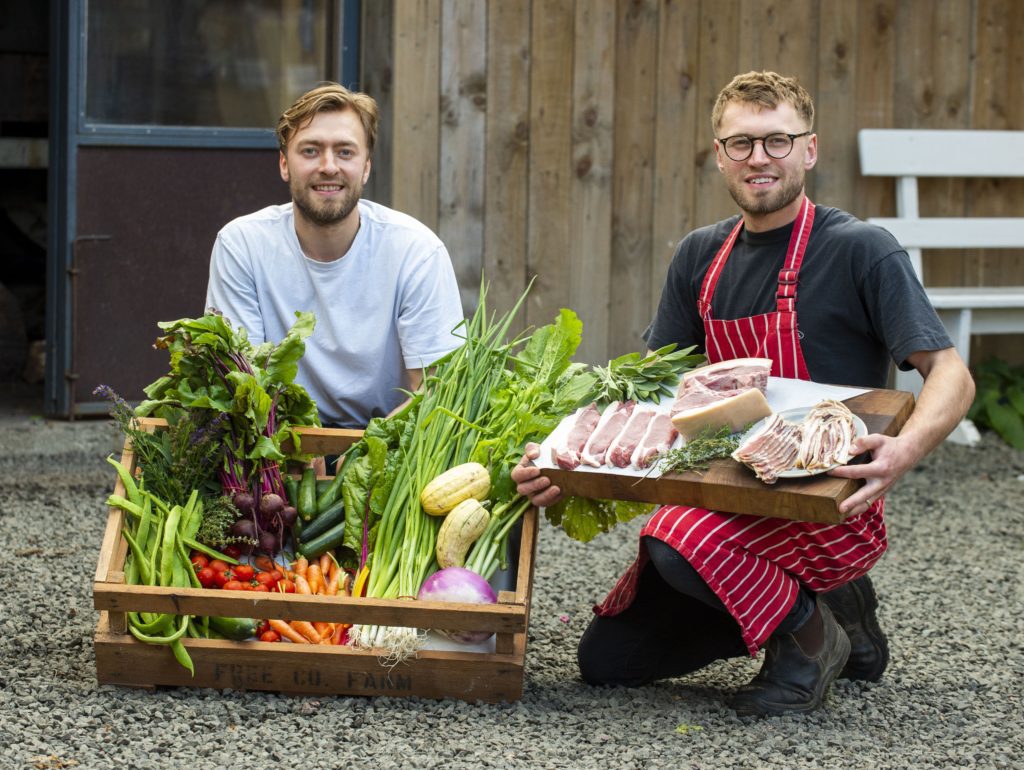Despite coming from a long line of dairy farmers, both parents of Charlie Buchanan-Smith, 26, and his brother, Angus, 29, had warned them to stay away from farming saying there was no future for them.
So heeding their advice, Charlie headed off to St Andrews to study Geology while his brother headed to New York to study Art and Architecture.
However, in 2016, the family farm near Balerno had to be sold, and the brothers decided to preserve part of the farm and set up The Free Company enterprise with some friends.
They wanted to establish a small-scale farm which was more financially and environmentally sustainable.
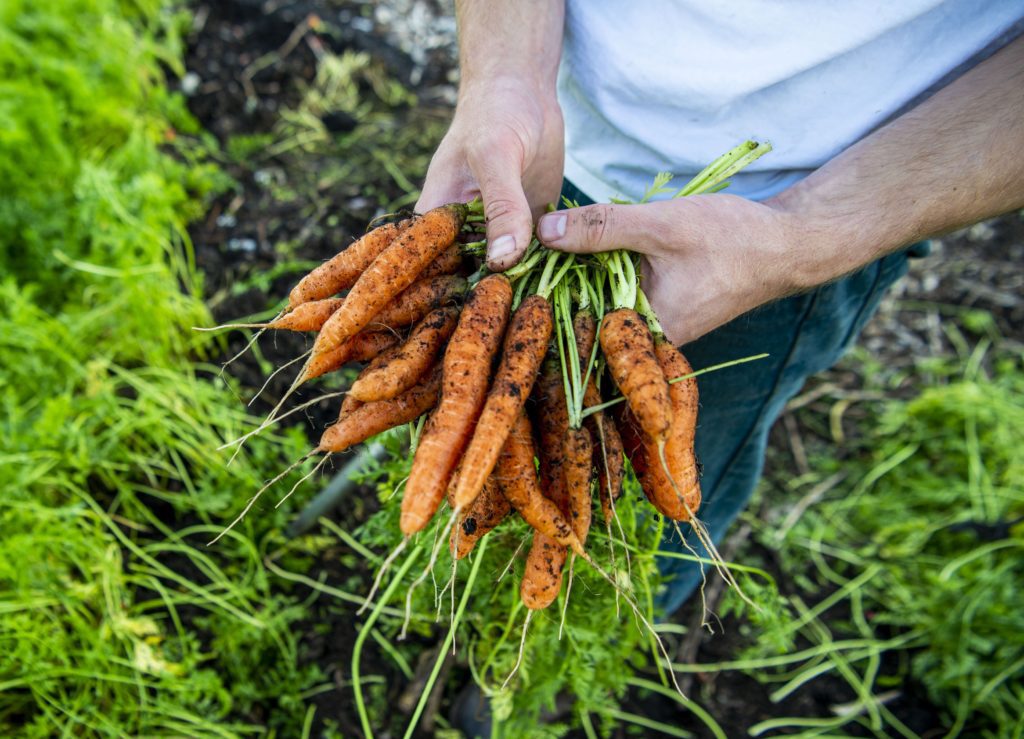
They began the process of converting the land to be organic as they didn't want to use any fertilisers, herbicides or pesticides.
They also adopted a no-dig approach because when you disturb the soil with a plough, you release large amounts of carbon, and destroy the structure and microbiology and lose fertility.
"Instead, what we do is place the compost on to the ground and grow in that.”
As the brothers didn't plan to do this as a career Charlie explains: “It has been a case of reading and a whole lot of trial and error."
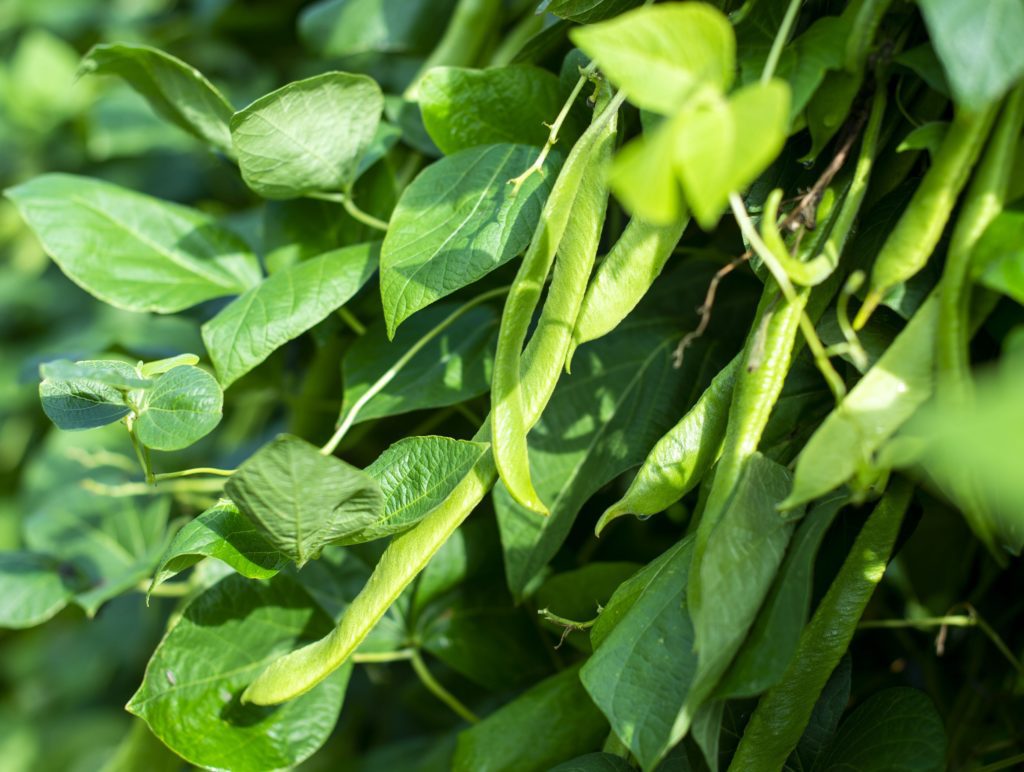
The brothers had gained hospitality experience in 2014 by travelling around hosting dinners, with a locally-sourced menu for a project called Enroot, which supported local producers all over the UK.
"It gave us a flavour for hosting and cooking for people with a farm to table type of hospitality,” said Charlie. "It was certainly not a profit-making venture, it just about washed its face, but it was good fun."
Back on the farm they rented out a steading which had always been used to host parties, to run a more restaurant-focused version of Enroot, and rented grassland to develop regenerative grazing for sheep and pigs and created a market garden to grow
The Free Company restaurant opened in 2017 and, since then they have found a formula that really works.
Charlie is the main chef, while Angus can be found, front of house, but both brothers muck in together looking after animals and growing.
Charlie explained: “The no-dig method is certainly paying dividends now, this land is not traditionally the best area to grow vegetables. The vast majority of our beds are not covered but we do have two poly tunnels."
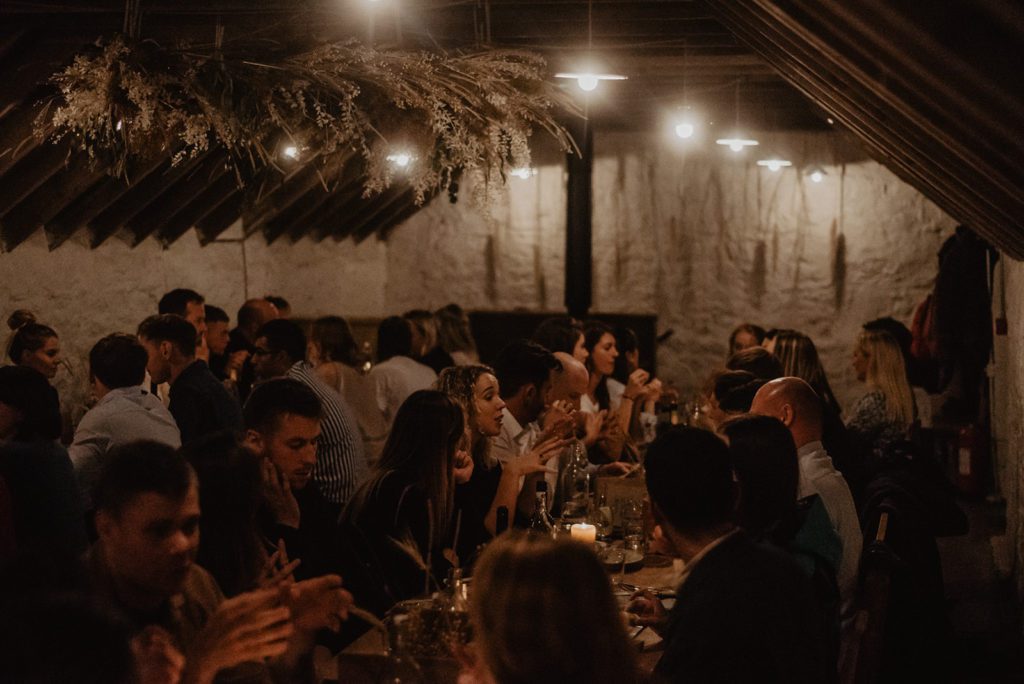
The pandemic has thrown some spanners into the works but the best thing has been upscaling the size of the market garden to four acres which allowed them to become a wholesale supplier.
“We had to diversify in certain directions but we have been pleasantly surprised along the way." They also supply vegetable boxes for their own domestic customers and have now employed a market garden manager.
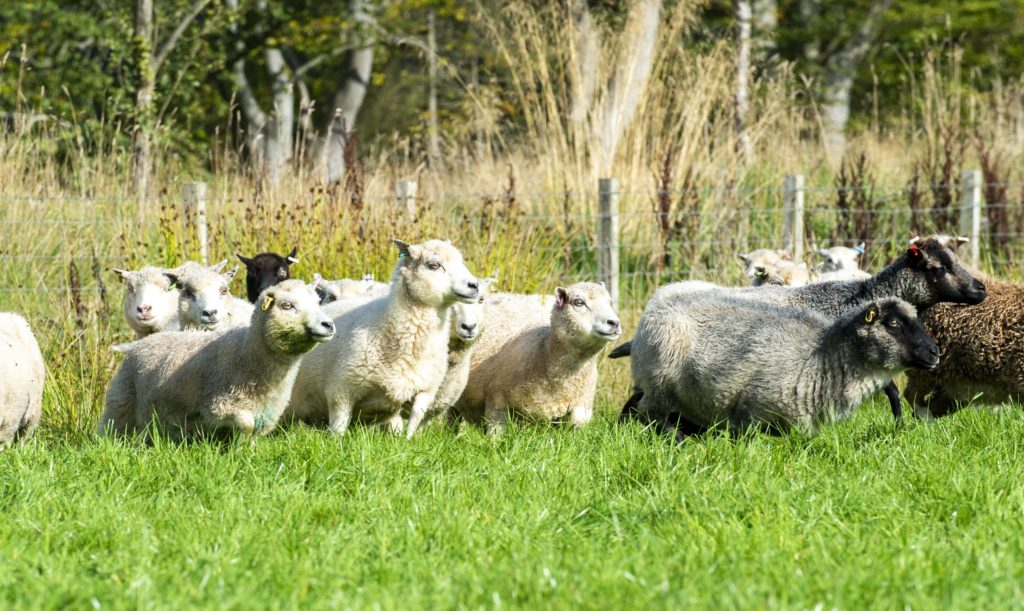
On the farm they have 200 hardy Shetland Ewes crossed with a Lleyn Welsh ram, resulting in “incredibly good mothers, and the meat has a heritage breed flavour profile."
They also have 80 pigs which are Mangalica-cross Berkshire, although they do not have the same fat content as pure Mangalicas they have a larger carcass and have a better nature as well as being incredibly hardy. Also, the meat works well for the restaurateurs.
The pigs are reared on a foraged diet and Charlie said: “We grow a mix of peas, vetch, clover and grains and they basically feed themselves."
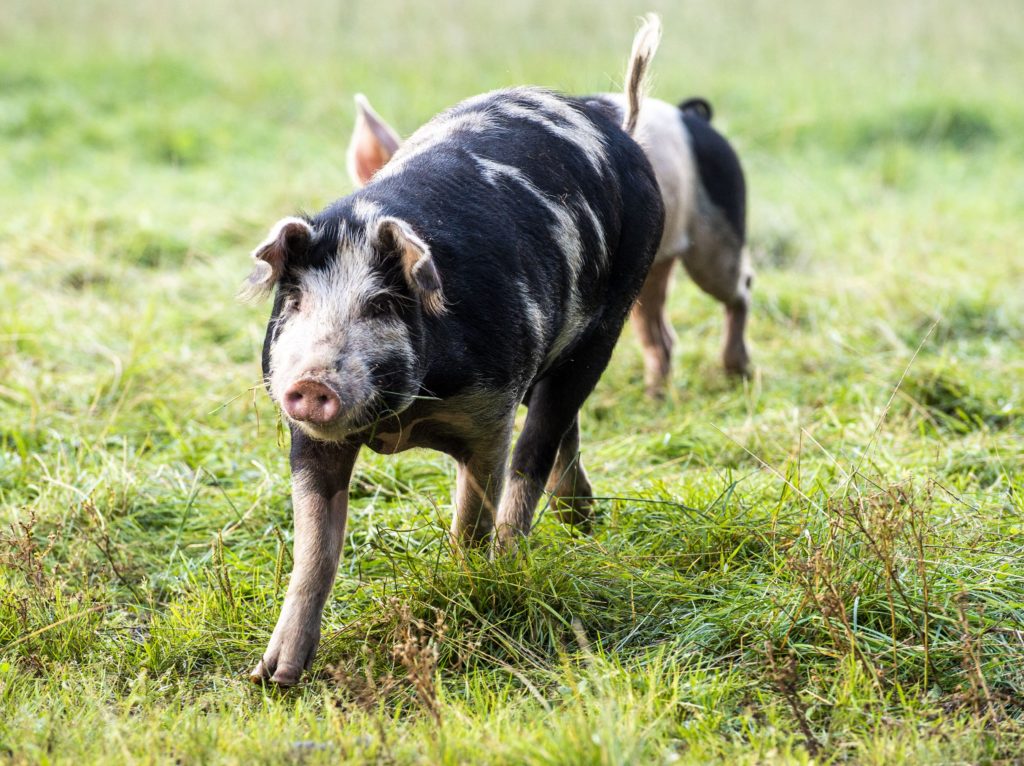
They are moved often to allow the ground to recover as pigs only plough up the ground when they can't find enough food on the surface.
They sell meat directly to customers with their pig club which they formed in 2018, where you can opt to take half hog or whole hog.
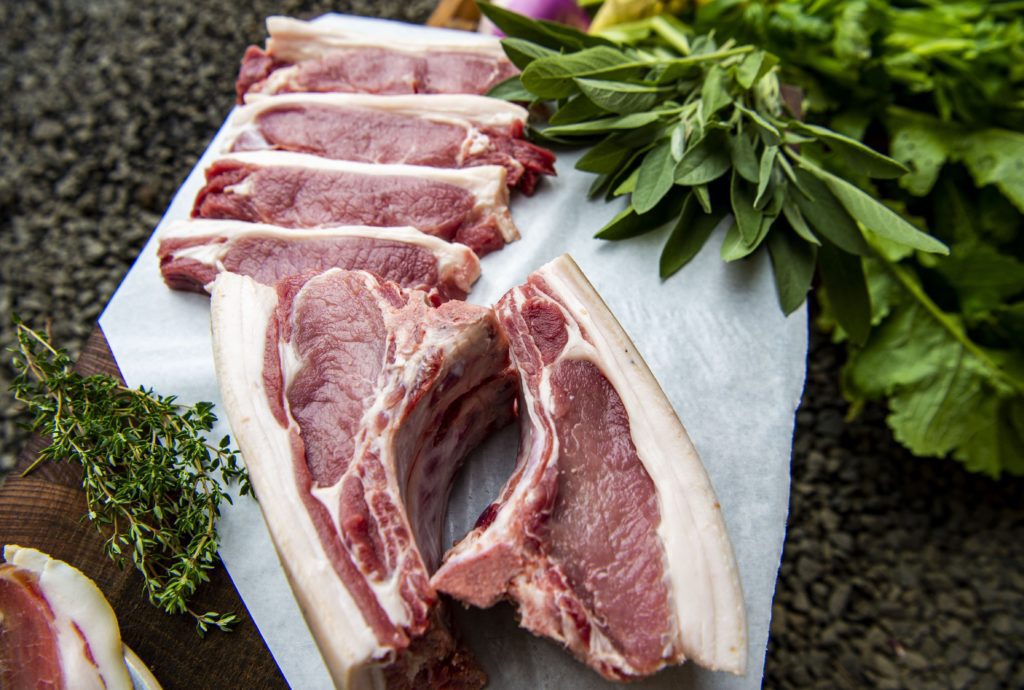
This subscription model means there is no waste from the animal. Charlie explains: “Everyone loves their bacon and sausages but but there are other cuts from the pig that are not given as much love so if you are taking a whole hog over the course of a year you will receive every single cut within the pig."
They send between three and five pigs away to be slaughtered every month, with the brothers butchering them onsite on the farm: "we basically stand back to back and butcher away."
Growing up, they spent the vast majority of their time together outdoors; building dens and making fires and digging holes. “We were very outdoors minded. There is definitely a strong tie to the place"
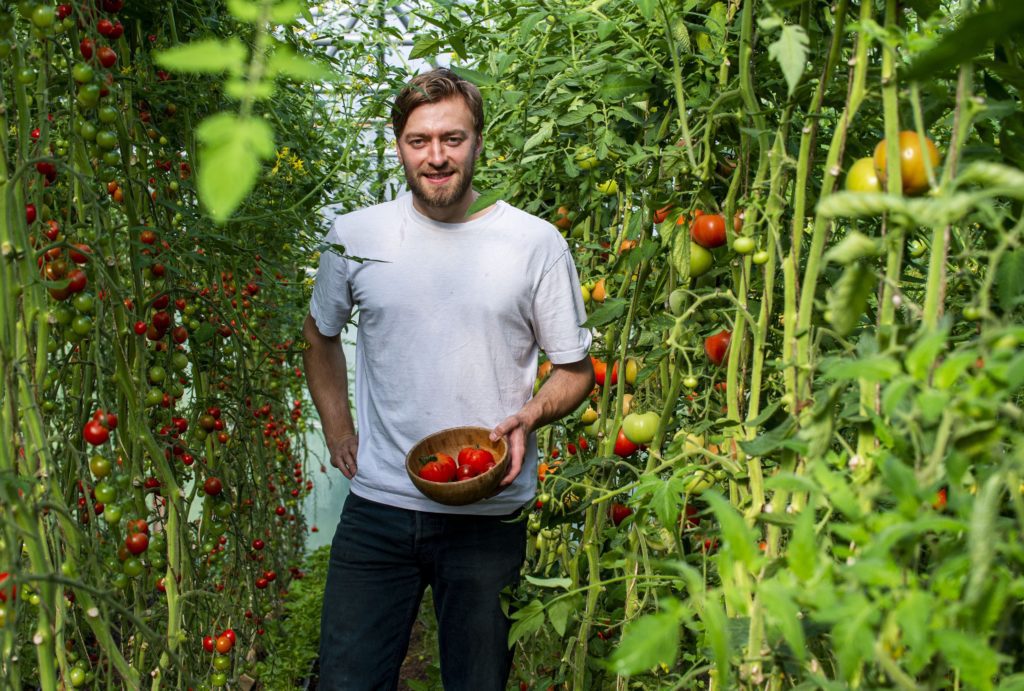
It is fortunate they get on well as, Charlie admits: “We do have the odd fight now and then but we have slightly different skill sets which lends itself to running a fairly diverse business."
Charlie tells us his brother is: “Very creative and practical and he is very good with people, and good at keeping things jovial even when it is stressful. He has a great sense of fun."
Lockdown and Covid restrictions had stopped their restaurant evenings, at the time they had sold 3,500 advance tickets for their spring dining dates.
The model for the restaurant is long tables and communal dining and, as Charlie explains, "the restrictions placed on them as a venue meant it wasn't viable to reopen before now."
However, they are very much looking forward to reopening for the winter dining series which begins on October 28, with the ticket sales launching on the 7th.
A reservation fee secures a seat and then at the end of the evening, after a five-course meal people pay what they think it is worth.
Charlie said: "As word of mouth has spread the average spend has increased, I think it was a bit of a U.S.P. which helped us get off the ground.
"We are really fortunate everyone really gets the concept when they come here. We talk to our guests about different sustainable agricultural methods, but it's not rammed down people's throats, ultimately people are coming out here to have a good time."
Last year they planted a thousand trees, as a natural habitat for pollinators and birds and as windbreaks around the plots, eventually they will be harvested for wood chip to make compost.
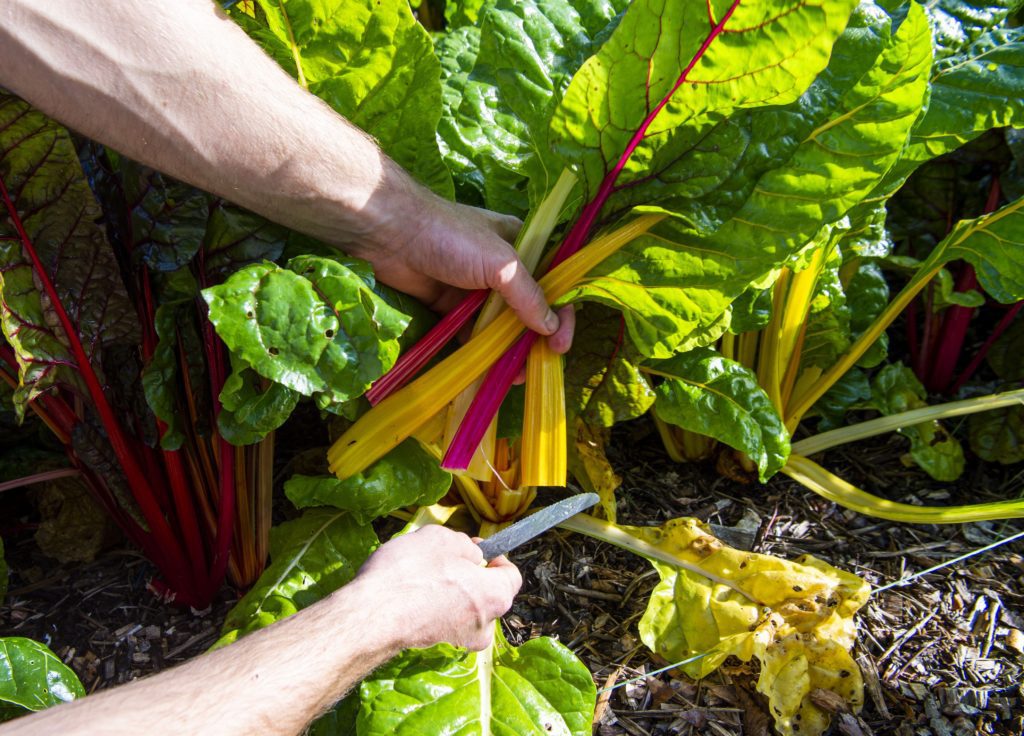
The farm makes its own compost, but it has to reach a temperature of 70 degrees celsius at least three times to ensure there are not any bad bacteria.
When the wood chip breaks down and composts it releases the same calorific heat value as burning, and, Charlie explains, "you end up with an incredibly useful product. Eventually we would like to use the warmth from composting organic matter to heat the buildings and the polytunnels."
This year tomatoes, courgettes, sugar snap peas and ginger have grown well and expect to see on the winter series menu home grown meat, root crops, cabbages and celeriac, kale and turnips, as well as preserves and fermented goods.
The brothers plan to become a beacon of hope for sustainable food practices and hope to introduce either Dexter or Highlands cows and pasture fed chickens without trying to do too many new things all at once.
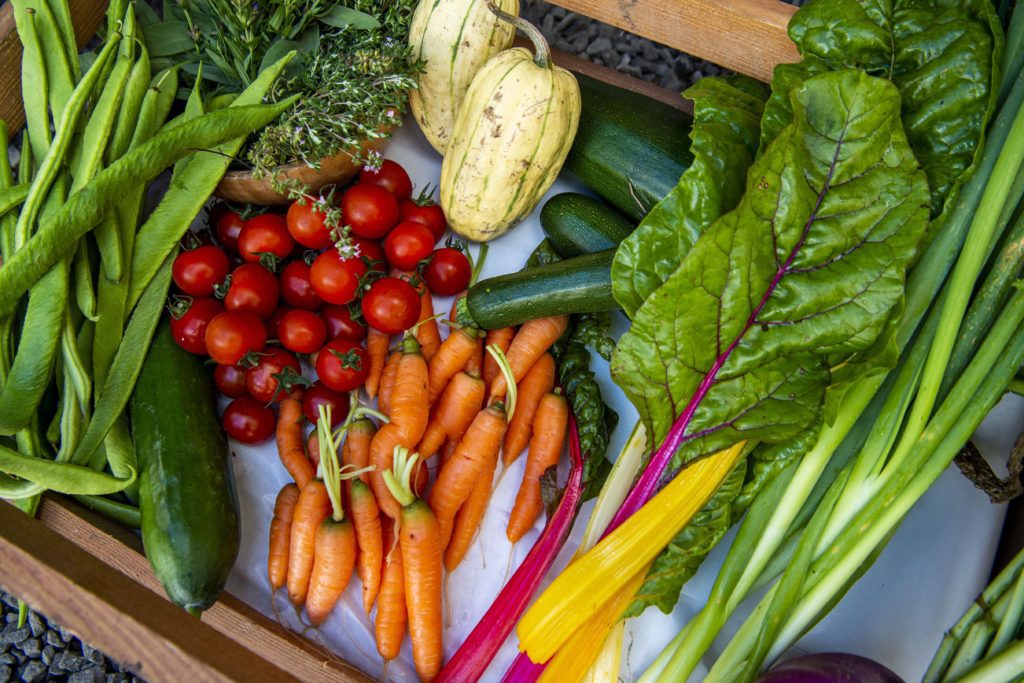
They are keen to bring children to the farm to introduce them to the idea of sustainable agriculture. They are also working with The Soil Association, as part of the food for life scheme encouraging local authorities to sign up to get a percentage of food served in schools supplied by sustainable local sources, which Charlie said, "is super exciting."
And they are also planning to create some accommodation on the farm, for guests to stay overnight.
Their parents are proud of what they have achieved, and the vibrancy that they have brought to the place. Charlie said: “Our dad has come round to organic methods, although he started out being sceptical, he is definitely on side."
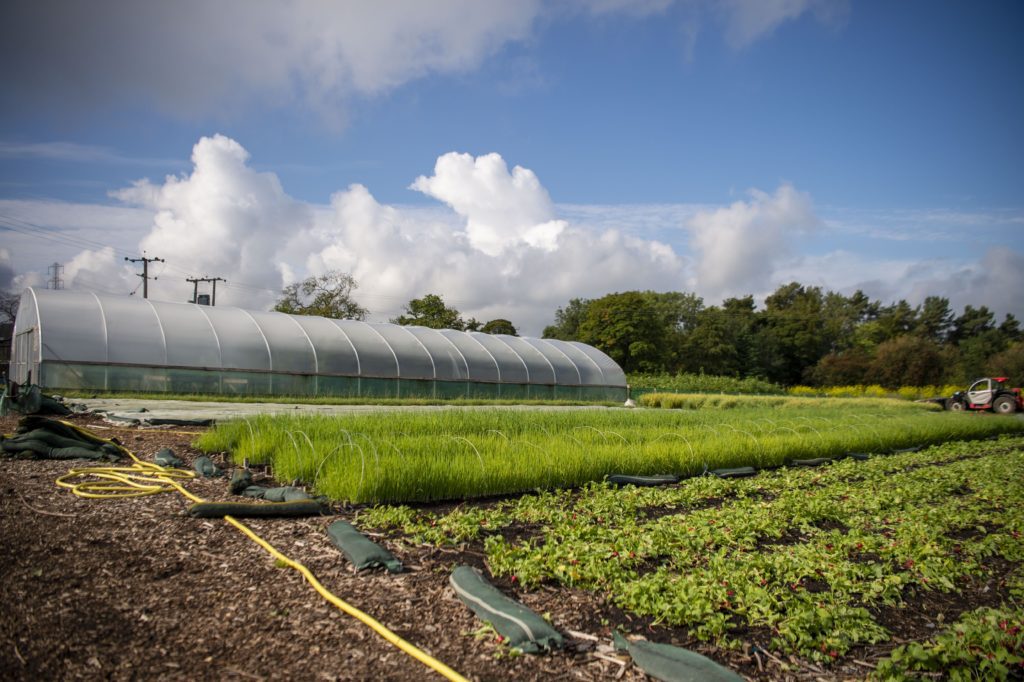
Their grandfather, who died before they were born, was Alick Buchanan-Smith a farmer as well as a politician, who served as Under-Secretary of State for Scotland, Minister of State for Agriculture, Fisheries and Food and Minister of State for Energy.
Charlie said: “It would be nice to think he would be looking down with a smile at what is going on here. He was a smart guy so I like to think he would be able to see the other side of the coin.
"We do feel it is a bit of our responsibility to be a voice for change and an example of how things can be done in a sustainable way."
Since establishing the Free company the brothers have built up an engaged audience, Charlie explains, "the world is in a right old mess but we really believe the food system holds the key. Agriculture can be such a force for good in the fight against climate change."
The land here clearly holds a special place in their hearts, and although there have been sacrifices, in terms of missing out on the bright lights of Edinburgh or London, they can both see themselves here for quite a few years to come.
